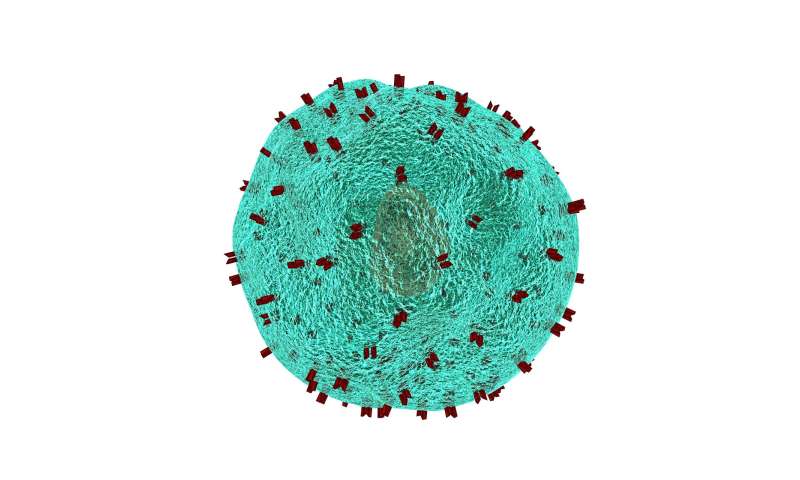High burden of STIs in people starting treatment to prevent HIV infection

Pre-exposure prophylaxis (PrEP) – taking antiretroviral drugs to protect people from acquiring HIV infection—is revolutionising the prevention of HIV around the world. However, a global study led by Monash University in Australia and supported by the World Health Organisation has shown that people who are seeking PrEP to prevent HIV are also at high risk of other sexually transmitted infections (STIs). PrEP services could be an ideal place to test for, prevent and treat both HIV and other STIs.
Dr. Jason Ong, a physician/researcher from the Melbourne Sexual Health Centre (MSHC), and the World Health Organization (WHO) worked with a team of researchers to conduct a global systematic review evaluating the prevalence and incidence of STI among individuals using PrEP for HIV prevention.
The review, published in JAMA Network Open, highlighted the limited focus and investment in STI management within HIV programs. The review showed that a quarter (24 percent) of people initiating PrEP were diagnosed with either chlamydia, gonorrhea or syphilis before they started taking PrEP. Nearly three-quarters (72 percent) of those continuing to use PrEP were diagnosed with either chlamydia, gonorrhea or syphilis within a year of starting PrEP.
The review highlights that the same factors that place people at substantial risk for HIV (e.g. low condom use, barriers to accessing or using condoms, having more than one sexual partner) are also the factors that increase their risk for acquiring other STIs.
Dr. Rachel Baggaley from WHO’s Department for HIV, Hepatitis and Sexually Transmitted Infections, a co-author of the article said, “High numbers of curable STIs are being missed particularly in low- and middle-income countries. PrEP services can help prevent not just HIV but also STIs, and we should take advantage of this opportunity”.
MSHC Director Professor Christopher Fairley, said, “PrEP has the potential to be one of the most significant and powerful interventions to prevent HIV infection, and this paper has now highlighted an additional advantage of PrEP; that it provides an opportunity to improve the sexual health of those individuals and populations at highest risk of both HIV and STIs.”
PrEP, which involves HIV-negative people who have a higher-than-average risk of contracting HIV, such as men who have sex with men and people who inject drugs, is subsidized by the Australian Government through the national Pharmaceutical Benefits Scheme (PBS).
Source: Read Full Article


